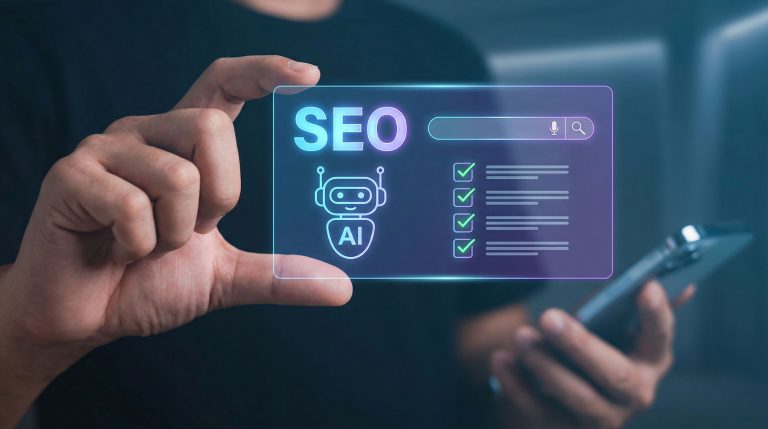In a rapidly evolving digital landscape, how people access the internet is constantly changing. Cable internet, once the go-to choice for high-speed internet access, is now facing stiff competition from alternative technologies. As the future develops, there are several reasons why you should consider ditching cable internet in favor of more advanced options.
- Faster Speeds and Lower Latency
One of the primary reasons to bid farewell to cable internet is the superior speed and lower latency offered by alternatives. Fiber-optic internet, for instance, has emerged as a game-changer in the internet industry. It transmits data using light, allowing for significantly faster speeds compared to traditional cable connections. With fiber-optic internet, you can download large files, stream 4K content, and engage in online gaming with minimal lag. The reduced latency is especially crucial for activities that demand real-time responses, such as online gaming and video conferencing.
- Enhanced Reliability
Cable internet can be susceptible to disruptions caused by various factors, including weather conditions and network congestion. Fiber-optic and cable-free internet, on the other hand, offer enhanced reliability. Fiber-optic cables are not susceptible to electromagnetic interference, and satellite internet is immune to local outages because it connects directly to satellites orbiting the Earth. These technologies ensure a consistent and stable internet connection, even during adverse weather or high-demand periods.
- Wider Coverage Areas
Cable internet availability is often limited to urban and suburban areas, leaving rural communities underserved. However, alternative internet technologies like satellite and fixed wireless are expanding their reach, providing internet access to remote regions where cable infrastructure is impractical. This increased coverage benefits those living in rural areas by bridging the digital divide and giving them access to the same opportunities and resources as their urban counterparts.
- Cost-Effective Options
Many consumers assume that cable internet is the most cost-effective option, but that’s not always the case. Alternative providers often offer competitive pricing, bundling options, and flexible plans that can be more affordable than cable packages. Additionally, as the demand for high-speed internet grows, more providers are entering the market, increasing competition and driving prices down. When you consider the improved performance and reliability of alternative options, the value proposition becomes even more compelling.
- Future-Proofing Your Connection
The world of technology is constantly evolving. With the rise of the Internet of Things (IoT), smart homes, and advanced online applications, having a future-proof internet connection is essential. Cable internet, with its aging infrastructure, may struggle to keep up with the demands of tomorrow’s digital landscape. Fiber-optic and 5G internet, on the other hand, have the capacity to handle the increasing data needs of the future. By ditching cable internet now, you can ensure that your internet connection remains relevant and capable of supporting emerging technologies.
While cable internet has served as a reliable internet connection for many years, it’s clear that newer technologies are surpassing it in terms of speed, reliability, coverage, and future-proofing capabilities. Ditching cable internet in favor of alternatives like fiber-optic, satellite, or fixed wireless can lead to a significantly improved internet experience. Whether you’re looking for faster speeds, enhanced reliability, wider coverage, cost-effective options, or the ability to future-proof your connection, these alternatives have you covered. As the digital world continues to evolve, it’s essential to adapt and embrace the technological advancements that can keep you connected with the best possible internet experience.







